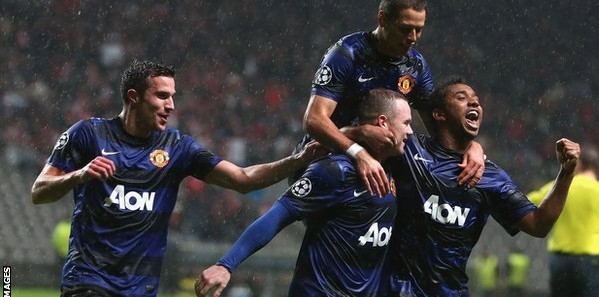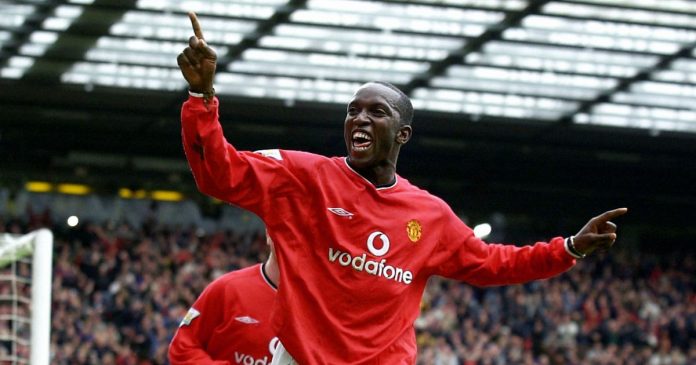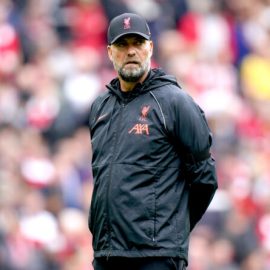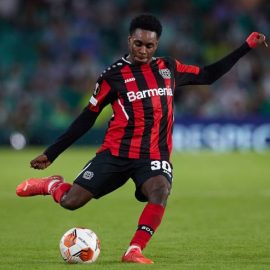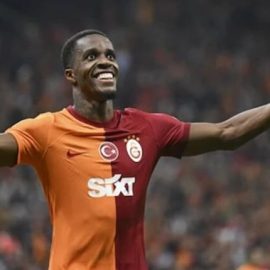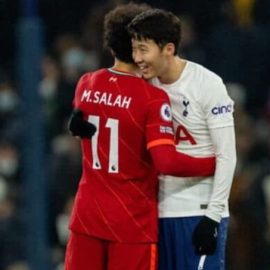United are in constant evolution. Ferguson’s enduring successes are simultaneously based on consistency and the need to adapt, every year, to the changes around them.
One of the key reasons why United apparently do so well in the second half of the season is because they are better than anyone else at planning for the whole season, and because they can lean and adapt quicker than anyone else. It’s rarely a very visible change, but it’s usually effective.
So when you saw United play only in the last 15-20 minutes against Braga, it wasn’t a sign of decline or the team falling behind – this manager and this club won three Premier League titles in a row, ending each year on a strong note when at the start of that season every ‘expert’ had claimed that United and Ferguson were finished.
No, the apathy was planned. United have developed a clear way of playing in the last few years, going about their business in second gear as everyone around them flounders, picking up the pace only when threatened, and generally taking things up a notch after January to build on their endurance and experience advantages.
It’s time to acknowledge that this method has brought us some excellent results. Since the 2008/2009 season, United have won the league twice (including by 9 points just two seasons ago), and lost it by goal-difference and a single point in the other two. And, barring last season’s horror show in Europe when United relaxed too much, United also played in two European Cup finals in this time, losing each time to Barcelona playing with the same strategy that had usually brought them league success.
The system is not perfect – and for a brief period at the start of last season, it seemed that United had found their attacking groove. But that was merely a test run, a faux show of force as they honed their tactics to play ‘slow, slow, fast, fast’ the whole season long.
Currently United are top of the table, ahead of City and Chelsea, both teams that tried to change strategies this season and have hit unexpected problems (defending in City’s case, lack of a goal-scoring forward in Chelsea’s case). You can can call these issues growing pains, as both teams have insisted more on possession than ‘breaking up’ opposition play, but the result is the same – they don’t always have the cutting edge required at either ends of the pitch.
Contrast this with United’s approach – keeping the same strategy as last season (meaning the players are more experienced and getting better at it), and signing a player that, in hindsight, is the right person to ‘fix’ their approach. RVP gives United a serious goal-scoring threat that in turn allows them to play defensively most of the game, and indeed, the whole season. Now United don’t need the whole second-half to kick into action – assuming that they’ve had a slow start, they’ll take it up a notch only after the 60th or 70th minute.
And if they have a fast start? This team isn’t built to last, but Fergie knows that against some teams it’s easier to defend a lead than to play catch up against them. For the rest, it’s a pretty impressive marker:
You can have the first 45 / 60 minutes, and we’ll still beat you at the end.
You’d have to be brave / mad to do this in the first place, and brilliant to be able to pull it off. In Ferguson, United have the right manager for every season (except maybe the time when they play Champions League finals…).
Add Sportslens to your Google News Feed!
